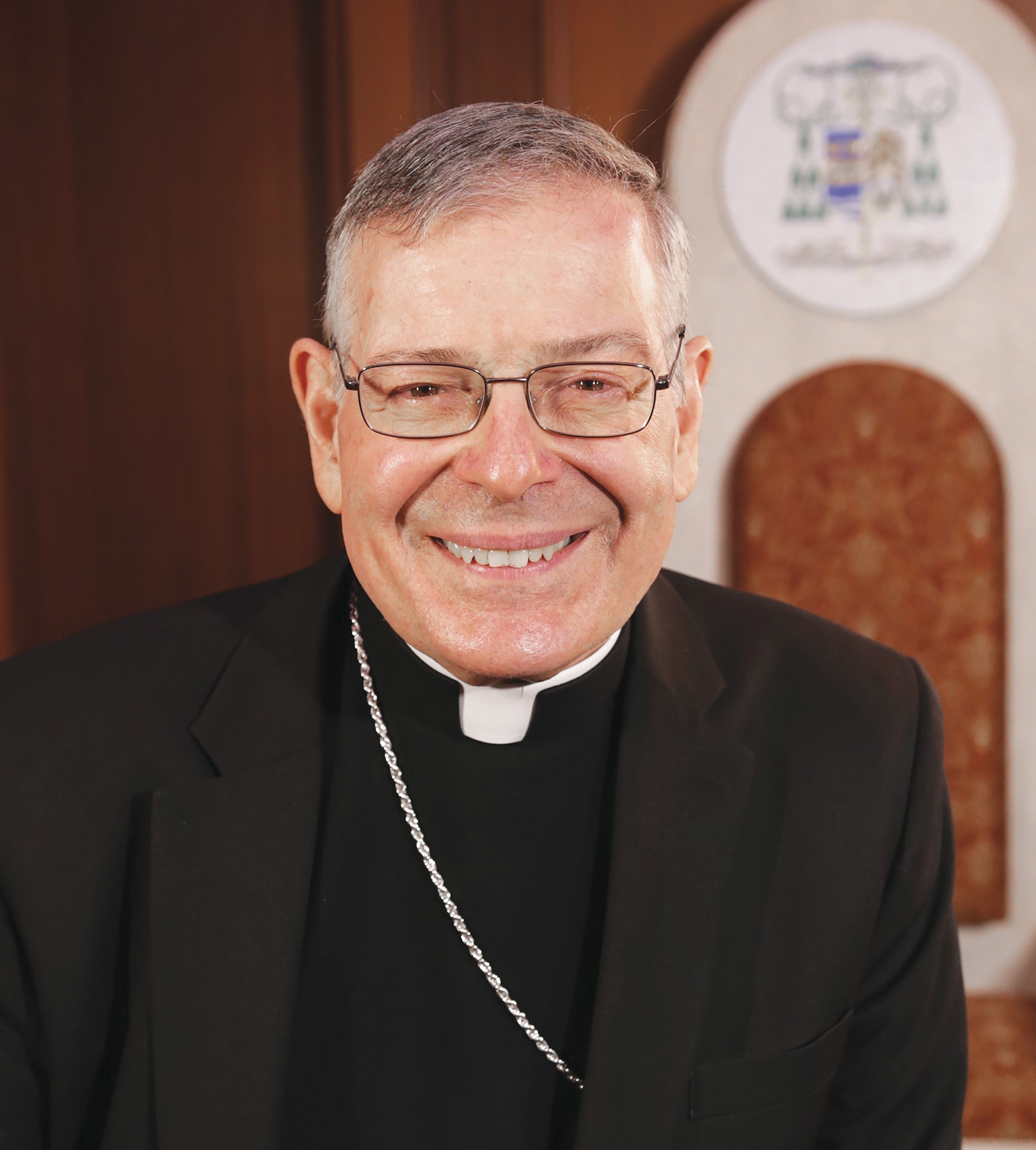
Pope Leo XIV - Dilexi te, On the Love for the Poor
Pope Leo XIV just gave us the first major writing of his pontificate in the apostolic exhortation, Dilexi te, On the Love for the Poor. An apostolic exhortation differs from an encyclical letter in so far that an encyclical is the highest form of communication from the pope, usually on matters of faith and morals, addressed to bishops and by extension to all of the faithful. An apostolic exhortation is a more general treatment of ecclesial matters addressed to specific groups and all of the faithful. Pope Leo signed his apostolic exhortation on Oct. 4, the Feast of St. Francis of Assisi, and made it public on Oct. 9.
The apostolic exhortation, Dilexi te, was actually written to a great degree by Pope Francis before his passing. It was to be a follow-up of his encyclical letter, Dilexit nos, He Loved Us, which was published almost a year ago on Oct. 24, 2024. Pope Leo decided to complete the exhortation with some modifications of his own. As he says in the letter, “I am happy to make this document my own — adding some reflections, and to issue it at the beginning of my own pontificate, since I share the desire of my beloved predecessor that all Christians come to appreciate the close connection between Christ’s love and His summons to care for the poor. I, too, consider it essential to insist on this path to holiness.” This is similar to Pope Francis, who completed the encyclical of Pope Benedict XVI, Lumen Fidei, The Light of Faith, and published it just four months after he was elected pope in July 2013. This practice shows the continuity between pontificates and the handing on of the faith.
Pope Leo certainly demonstrates the close connection in pastoral outlook and theological reflection between himself and Pope Francis. The apostolic letter is a very deep reflection on the priority of love for the poor which Jesus gave us as fundamental to our lives of faith as His followers. The pope reflected upon the words of Jesus, the Old Testament, the Fathers of the Church, the saints of the Church and the long history of the Church. Pope Leo makes clear that to embrace the poor is to embrace God and the Church. He reflects upon so many areas such as the care of the sick, the care of those in material poverty, the care of prisoners and those deprived of freedom, and all those considered on the periphery of society.
Another critical area that Pope Leo reflects upon, of what he has spoken about frequently in the preceding weeks, is that of the care of migrants. This is a particular message for all Christians but a special one for us in the United States, especially today facing so many challenges and unfortunate situations. During the same week before the exhortation was released, Pope Leo stated in a press conference, “Someone who says I’m against abortion, but I am in agreement with the inhuman treatment of immigrants in the United States, I don’t know if that’s pro-life.” These are very powerful words which raised some unfair criticism of them.
Pope Leo devotes a section of his exhortation to Accompanying Migrants. In this context, he clearly states, “The Church’s tradition of working for and with migration continues, and today the service is expressed in initiatives, such as refugee reception centers, border missions, and the efforts of Caritas Internationalis and other institutions. Contemporary teaching clearly reaffirms this commitment. Pope Francis has recalled that the Church’s mission to migrants and refugees is even broader, insisting that, ‘our response to the challenges posed by contemporary migration can be summed up in four verbs: welcome, protect, promote, and integrate.’”
Most telling in regard to Pope Leo’s stand in regards to the situation of immigrants in the United States was his meeting with Bishop Mark Seitz of El Paso, Texas, and a group of immigrants fearing deportation. This meeting took place the day before the release of Pope Leo’s apostolic letter. They presented the pope with a collection of handwritten letters from migrant families expressing their fears and showed a video of migrant families expressing that mass deportations in the United States are breaking family bonds. Pope Leo listened attentively to the group and was emotionally moved by their letters and presentations. He expressed that he wishes the Church in the United States to be more united and forceful on this issue, and that what is happening is an injustice. He expressed to migrants, “You stand with me, and I stand with you.”
There is no question that there is a need for true immigration reform within our nation, which has not been addressed by Congress for many years. There is no question that the current deportation of true criminals has been a positive step for our nation and that the restructuring of border control is a necessity. However, there is a need always to apply the law of immigration with compassion, mercy and understanding. It seems that in some cases today this is seriously lacking. While politics many times drives the law and the opinions of those who influence politics, the law must always be a reflection of God’s law. God’s law always includes mercy and compassion and is needed by our migrant brothers and sisters.
As we receive Pope Leo’s new apostolic exhortation, On the Love of the Poor, let us do so in a spirit that helps us to embrace our Christianity in a manner that reaches out to those in need. Those very much in need at the present time within our nation find themselves, as immigrants, in a difficult and fearful situation. Let us be moved by the truth in love and not by politics. Let us welcome, protect, promote, integrate, and let us pray!
Most Reverend Gerald M. Barbarito

